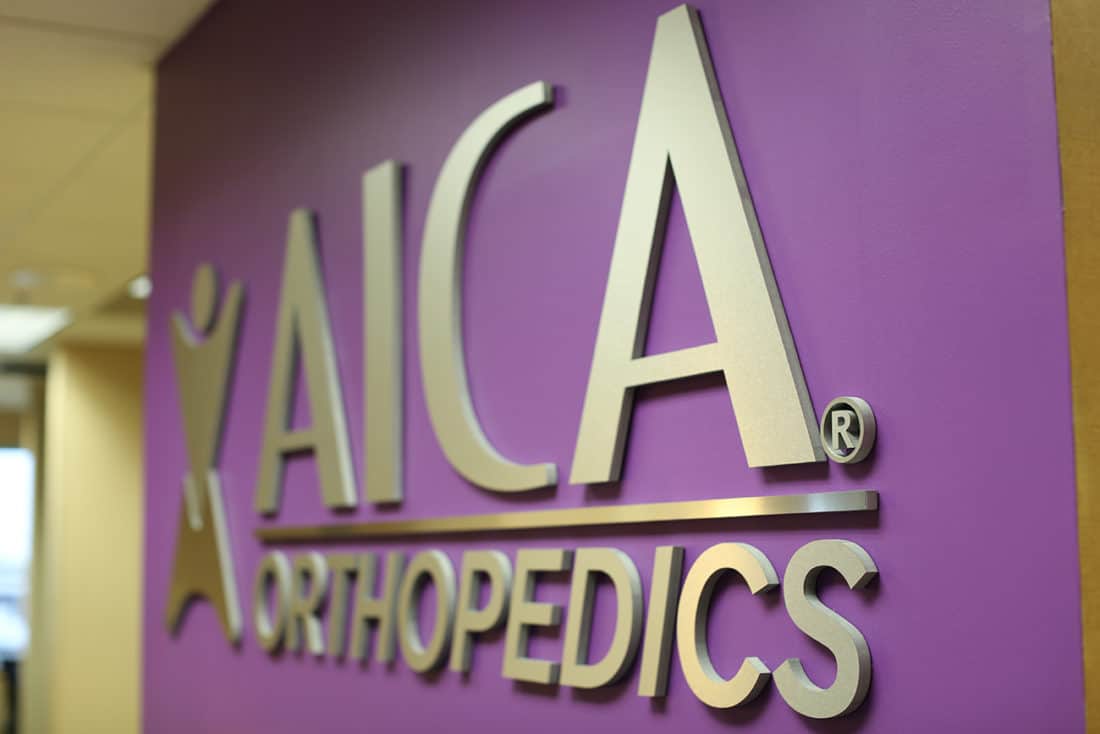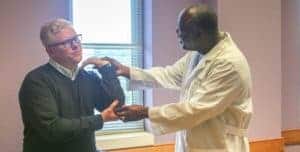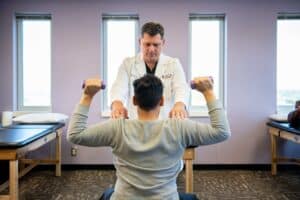Car Accident Injuries
Unfortunately, it is an all too common occurrence for an individual who has been involved in a car accident to sustain an injury. If the impact of a collision has been strong enough for your vehicle to become damaged, it is likely that your body has also suffered some form of an injury from a car accident. Most people who are involved in auto accidents think that it is completely normal to feel awful in the aftermath of an accident. While it is completely typical for a car accident to cause those involved to feel pain from an injury after a car accident, this doesn’t mean that the injury will “go away” on its own, or that the pain will subside as days and weeks pass. If you suspect you have been injured as a result of an accident you were part of, It is important that you seek medical care as quickly as you are able to ensure your injuries are properly diagnosed and treated. For those who are coping with the pain and inconvenience that comes from car accident injuries, it can be very helpful to gain some understanding about some of the more commonly sustained injuries that result from car accidents.
Head Injuries/Traumatic Brain Injuries (TBIs)
Often the most serious car accident injuries, head injuries, and brain injuries should be treated with the utmost concern and care. Luckily, should you find you have sustained one of these more traumatic injuries, it is a good bet that emergency first responders will see evidence of it when they arrive on the scene. If this isn’t the case, be on the lookout for any of the following symptoms:
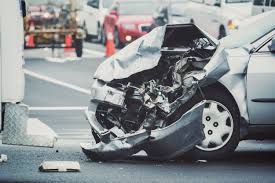
- Pain – headaches, pain in the neck or head from a blunt force injury
- Sleep Issues – fatigue, trouble falling or staying asleep
- Emotional/Behavior Shifts – irritability, emotional episodes
These injuries can become very serious and should be diagnosed and treated with urgency. A neurological specialist will most likely be the type of physician you will see to help treat your injury.
Neck Injuries or Whiplash
In most car accident injuries, whiplash plays at least a small role. This is because accidents with injuries nearly always occur as a result of a strong impact, which is a recipe for your neck to be jerked back and forth in a manner that will produce pain, reduced mobility, and even in more severe cases, further injury. Whiplash Injuries can be treated by individual doctors, or a combination of orthopedic specialists, chiropractors, physical therapists, and sometimes orthopedic surgeons. Courses of treatment can be as simple as medication and physiotherapy, and as extensive as surgical intervention in the event of a tear or fracture.
Spinal Cord/Back Injuries
The spinal cord and back are very susceptible to injury in a car accident. While whiplash injuries primarily affect the neck, they can also have implications for the spine. Many individuals find that they suffer from herniated and ruptured discs in the aftermath of automobile accidents. Facet joints are also often casualties from car accidents that require physical therapy and other procedures to restore. Car accidents can also exacerbate existing injuries, such as spinal stenosis.
Wrist/Hand Injuries
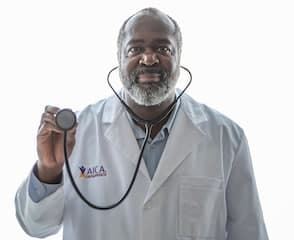
Knee Injuries
Car accidents affect the knees of the victims most commonly in one of two ways. PCL injuries of the knee can occur when the knees of either the passenger or the driver make an impact with the dashboard and cause injury to the knee. This type of injury is colloquially referred to as “dashboard knee.” It will often result in a tear or ligament issue that requires the attention of an orthopedist, and possibly even an orthopedic surgeon. Similarly, an MCL Injury to the knee most often occurs when the knee hits another object in the car with a strong force. In very severe accidents, knee fractures and dislocations can occur, but these are less likely than the soft tissue injuries sustained in the impact. Soft tissue injuries can, however, pose long-term threats to patients such as chronic pain and future injuries, so it is essential that they are tended to in a thorough and timely manner.
Foot/Ankle Injuries
The foot has almost thirty bones in it and is essential for most everyday tasks. It is responsible for supporting the weight of the body and the ankle joint is responsible for bearing the burden of providing stability and flexibility to this part of the body. When a car accident injury occurs, the foot or ankle will likely need to be examined to make sure that your ability to get around is not compromised by your injuries. Common issues car accident victims face include compartment injuries, fractures in the toes or the heel bone, and what are called midfoot injuries. Compartment syndrome occurs when immense pressure builds up in a part of the body that has suffered a devastating blow. Whether this is a crush injury, a severe fracture, puncture wounds, or even broken in multiple places, it might be susceptible to this type of bleeding and pressure buildup. This kind of injury is emergent and will be treated swiftly to prevent further damage. Fractures and midfoot injuries can range from mild to severe, mostly depending upon pain level and mobility changes. Some individuals find themselves in an emergency room for this type of issue, others seek out the help of orthopedic specialists in the days and weeks following their accident.
To learn more about how AICA Orthopedics can help you recover from a car accident injury, get in touch with our experienced doctors at one of our many locations.





